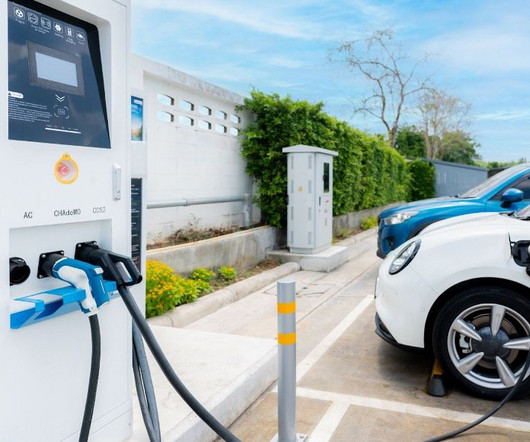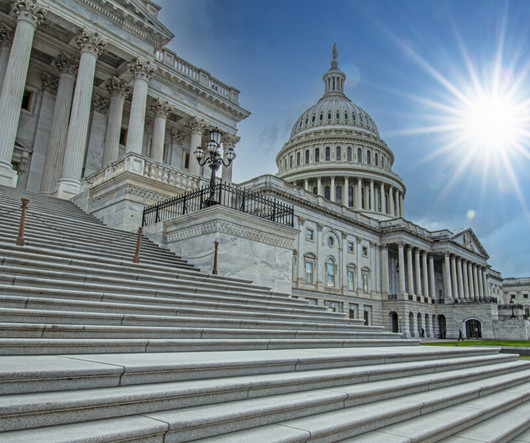EPIC: state-level renewable electricity mandates increase electricity prices up to 17% over 12 years; cost more expensive than benefit
Green Car Congress
APRIL 30, 2019
A new study analyzing data from the 29 states and District of Columbia with mandatory RPS policies finds that the policies come at a high cost to consumers and are inefficient in reducing carbon emissions. billion more for electricity than they would have in the absence of the policy. —Michael Greenstone.












Let's personalize your content